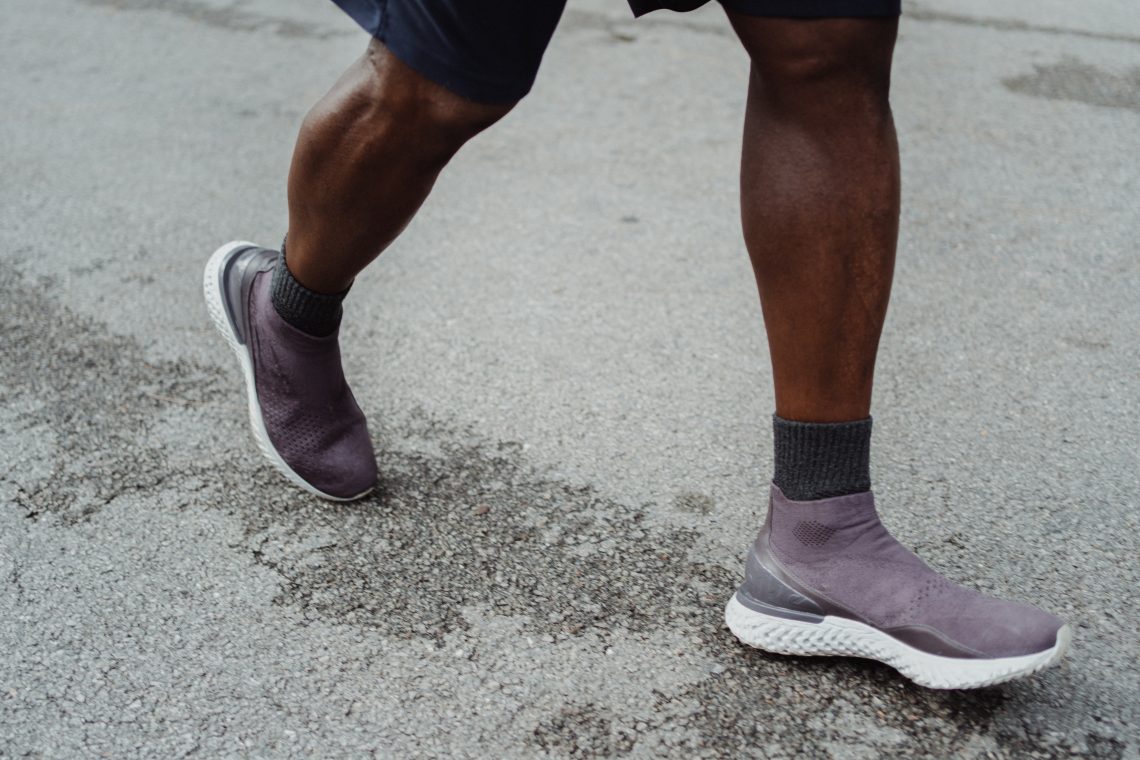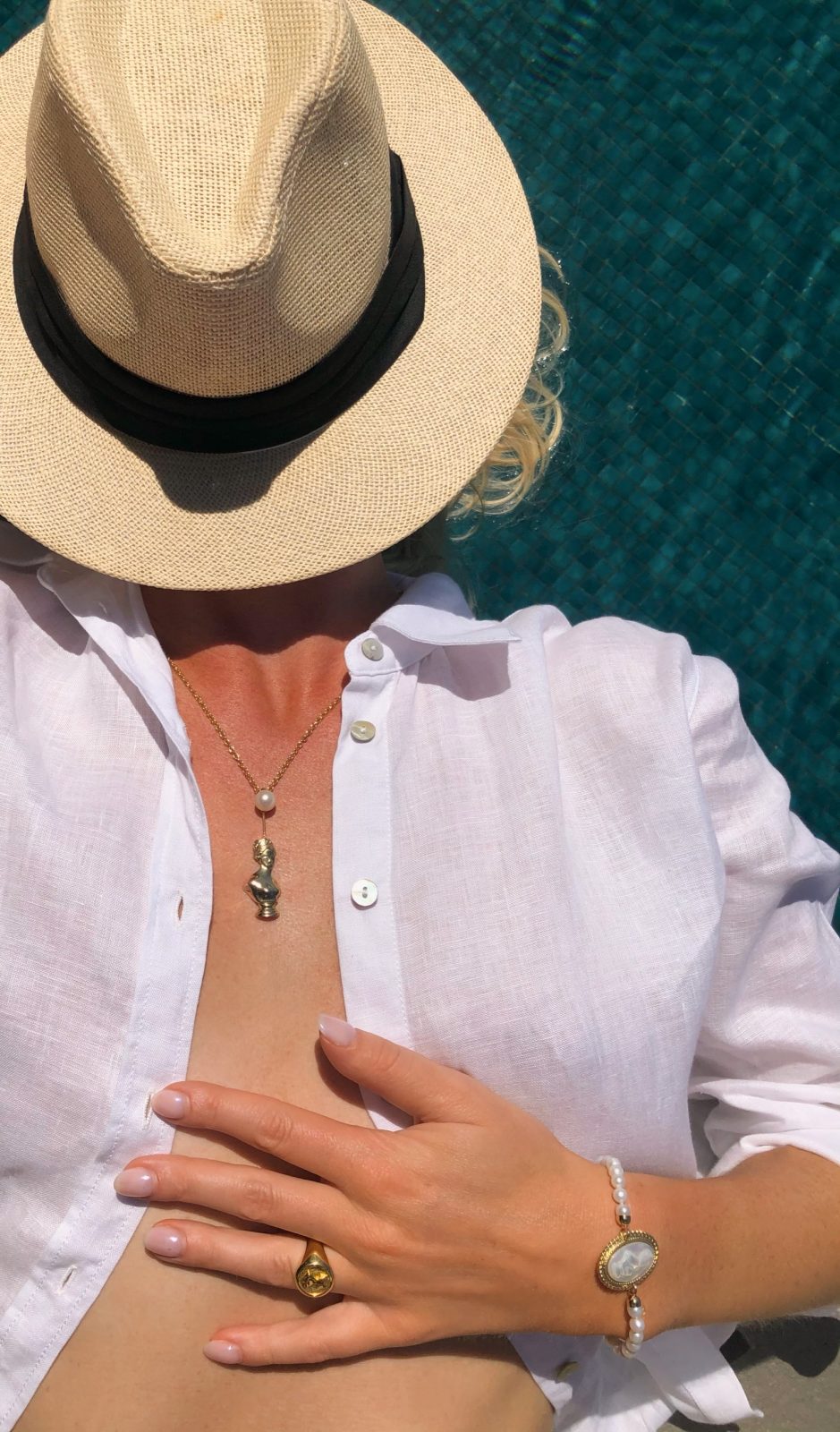When it comes to walking, most people jump into their regular shoes and go for long walks. It is not surprising to know that most of them suffer from foot pain and disorders. The importance of the right walking shoes cannot be stressed enough. As walking works out all your foot muscles, it is necessary to house them in comfortable shoes while they are in action.
Not only do they make your walk more comfortable and productive, but also go a long way in preventing injuries. Here are some interesting walking shoe facts and tips that, we bet, you aren’t aware of. Take a look.
- You should replace your walking shoes every 500 miles
Photo by on Pexels
Wearing your walking shoes past their shelf life is equivalent to walking in the wrong shoes. Not only do they lose their purpose, but it can exacerbate the problems associated with walking in the wrong shoes.
The wear and tear that happens with regular use rip off the protection that walking shoes offer to your knees and joints, leaving them bare in the face of impacts.
Once you hit 600,000 to 700,000 steps, which is roughly between 300 to 500 miles, it is better to replace your shoes. If, after achieving these numbers, your shoes look just fine, develop a habit of examining them from time to time and discard them when the outer sole or insole begins to wear.
Check the grooves on the outsole. If the grooves and patterns are smooth, you might not get the kind of grip or traction needed to maintain a steady gait, and you might fall.
- You can replace the insoles of your shoes
Sometimes, the wear and tear happens only on a particular part of the shoe. If that particular part happens to be the insole, you might not have to do away with them. All you need is new insoles to give a new lease of life to your shoes.
Insoles provide cushioning to your feet while you are walking. If you don’t feel the cushioning or comfort while walking, take it as a hint to replace the insoles. Inspect them and if they appear worn out, get another pair, and voila! You have a new pair of comfortable walking shoes for men or women.
But be very careful while buying insoles for your shoes. You would not want insoles specifically designed to treat foot conditions like a flat foot. You can get foot pain if you wear corrective insoles for no reason.
- A right lacing technique can help you prevent injuries
The lacing technique has never enjoyed the attention of a walker. No one knows that the wrong lacing technique can subject your feet to pain and discomfort.
A faulty lacing technique can be a reason why your heels keep slipping from the heel cup. It takes a toll on your toes that keep rubbing the front of your shoes, hence, giving you problems.
Now that you know that tying your laces wrong can be a reason for pain, discomfort, and injury, make sure you tie your laces properly.
- Buying a size up helps
It is not uncommon to hear walkers complain about getting blisters, black toenails, and foot pain even after walking wearing the right-fitting shoes. What could be the reason?
Well, the culprit is swelling that embraces your feet when you walk. Hence, it is always better to buy a size up to accommodate your swollen feet.
Finally,
Walking, by all means, is excellent for health, but walking in the wrong shoes can be dangerous for your health. So, always be prudent with your walking shoes.
We hope these tips will help you find and maintain your walking shoes.
Happy walking to you!
Read more fashion articles at ClichéMag.com
Images provided by Flickr, Unsplash, Pexels, Pixabay & Creative Commons





